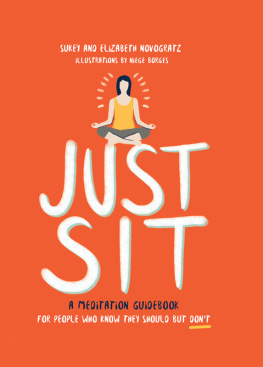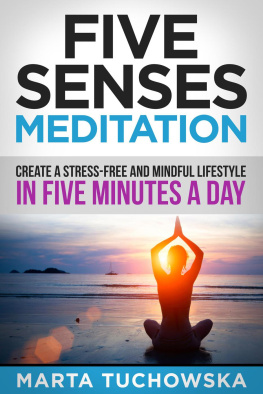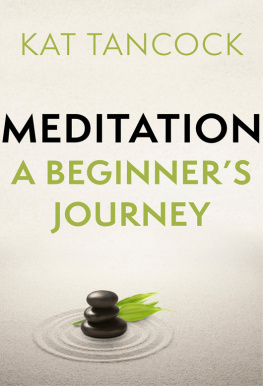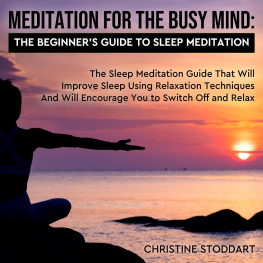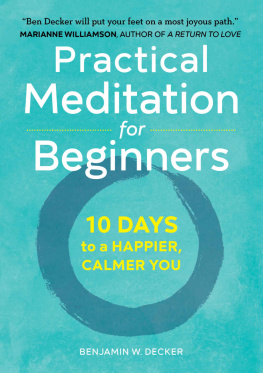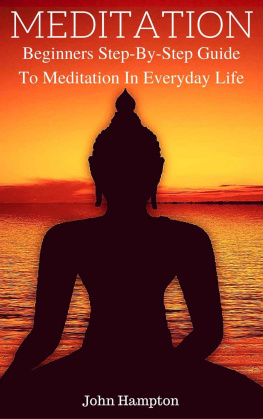TO OUR FAMILY

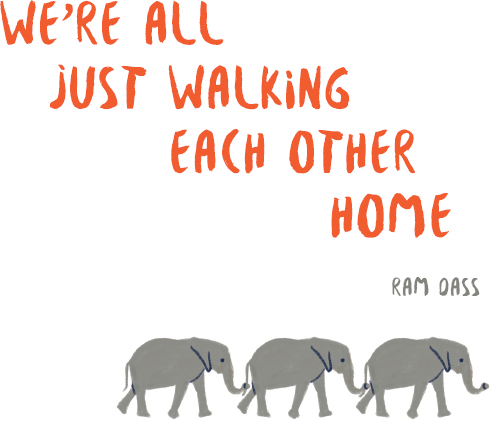

O ne dusty sunlit evening in the summer of 1963, Elizabeths father and Sukeys father-in-law, Robert Novogratz, went for his usual postwork run, hoping to shake off the day with a little sweat. Robert was a 26-year-old army officer, stationed outside of Detroit with his wife, Barbara, and their first two children. Not too many years earlier, Robert had been an All-American football player at West Point. Since then, and throughout his military training, hed been committed to maintaining a disciplined exercise regimen.
On this particular evening he was a couple of miles away from home when a police car pulled up.
Freeze! one of the officers yelled. Then, to Roberts surprise, the two cops jumped out of the car and grabbed ahold of him.
What are you running from? one of them asked gruffly.
Robert, confused, stood frozen like hed been told. Im exercising, he said.
The cops looked him over suspiciously. It was 1963. Regular people didnt just go out for a pre-dinner jog.
Robert took out his military identification and handed it over. I swear, Officers, Im just out for a run. I like itit keeps me in shape and helps me to unwind after a hard day. Thats all.
The officers continued to eye him warily.
Okay, sir. Were not going to arrest you. But we are going to drive you home.
And so, like a common criminal, Robert got into the backseat of the police car. When they arrived at the house hed said was his, the officers escorted him to the door to make sure. His wife verified his claimand had a few questions for her husband after the officers left.
Today, this whole scenario seems laughable, especially now that most of us exercise, or at least acknowledge that its a good thing to do. Meditation has now become the modern-day equivalent of what jogging was a few decades agothough its catching on in the mainstream, in many places it is still viewed with skepticism, even resistance or derision. As a culture, were past the point of total denial of meditations benefits, but not yet to the point of firm acceptance of it as a healthful practice in the same way as regular exercise or eating vegetables or not smoking. People might still look at you like youre crazy for sitting motionless on the floor, gazing off at nothing, but they probably wont call the cops.
Back in the 1960s, people didnt jog, and they ate artificially flavored gelatin and called it salad. Fifty years later, hundreds of thousands of Americans participate in marathons every year, and quinoa and leafy greens are considered staples of many of our diets. Fifty years from now, it very well may be that the practice of meditation is simply a given. Because anyone can do it, even you. So keep reading. Then put down this book and sit.
MEDITATION IS NOT FOR SISSIES
I ts true what they say: Meditation will change your life. It can make you healthier, nicer, more patient, a better parent, a kinder and gentler spouse, more creative; it will lower your blood pressure and improve your sleep; itll help you lose weight, lose wrinkles, have better sex, get through grief, deal with trauma, love more, and fight less. Meditation will make you shine.
On top of that, it doesnt require a huge time commitment; were talking about only twenty minutes a day. Thats less time than watching a sitcom or getting a manicure. And it doesnt cost anything. You dont need any special equipment. And the stigma that you are either a dirty hippie or a cult member (or both) if you meditate are long gone. So basically, meditation is awesome, and the rewards of the practice far outweigh the effort.
But theres one small catch: You actually have to do it. Planning to do it, talking about doing it, fantasizing about how blissed out you will be one day at the ashram... none of it counts. Thats the bit that stops most people from meditatingthe actual sitting and meditating.
So what gives? Why is it so hard to just show up?
Were assuming here that you arent meditating, at least not on a daily basisotherwise you wouldnt be reading a book about it. Heres the thing with meditation, once you learn how to do it and do it daily: suddenly all sorts of positive changes tend to come, and come faster and easier than ever (and they tend to be stickier, too). Meditation is the best tool for change that we know of. Whether you want to lose 20 pounds, leave a bad relationship, or just be nicer in traffic, meditation will help you get there. And the longer you do it, the less it feels like a chore, and the more it feels like a treatso much so that most people actually start looking forward to showing up.
Often a crisis is what makes us realize that we need to change. Many people come to meditation because theyre in the middle of a life overhaul or theyve just experienced a cosmic smackdown, like divorce, infidelity, death, or some other kind of gut-wrenching trauma. Though painful, these events can be a perfect catalyst, because often they force us to get serious about change. If you are in the middle of a crisis, you also might want to consider seeing a therapist, psychologist, or social worker if you arent already. But dont worrypersonal tragedy is not required any more than a pair of designer superwicking organic bamboo fiber yoga pants is. The best thing about meditation is that you can come as you are, and today is a great day to get started.
Once upon a time the two of us (and a couple others) were running a website and sending a daily email that focused on all things wellness: yoga, kale, reflexology, DIY walnut body scrubs, essential oils, and so on. We had readers from all over the United Statesfolks who wanted a little humor along with solid informationand many of them wrote to us. Mostly they had questions (well, they had comments and suggestions, too). Some asked about recipes involving turmeric, some wanted to know about yoga for runners, and others hoped for some insight on sunscreen. But, far and away, most of our readers were thirsting for some information about meditation.
Most of these wary would-be sitters already knew that meditation would be good for their mental, physical, and emotional health; that there was an endless list of benefits; and that meditation would probably change their lives. But they didnt really get what meditation actually was and/or how to do it.
At the time, our own interest in meditation was growing. We had been on retreats and to workshops and classes; wed read books on the subject; wed spoken with gurus and monks and teachers. But as we combed through our readers questions, we came face-to-face with how much we didnt knowbecause we didnt really meditate. At least, not every day and, to be honest, sometimes not every week, and sometimes only once or twice a month. In short, we talked a big game. Hell, wed done at least 25 articles on it. At the same time we knew that until we actually slowed down and got disciplined and sat every single day, not only were we not practicing what we were preaching, we didnt truly have a good idea of what any of it really meant.
So we dug in. We wanted to know the answers to those questions as much as our readers did. If meditation was so great, then why wasnt everyone doing it? Can it really transform lives? Whats all the medical hype about? Will it actually help with aginglike, the wrinkles and sagging kind of aging? What about parenting? And creativity? And patience? And self-acceptance?
Next page
